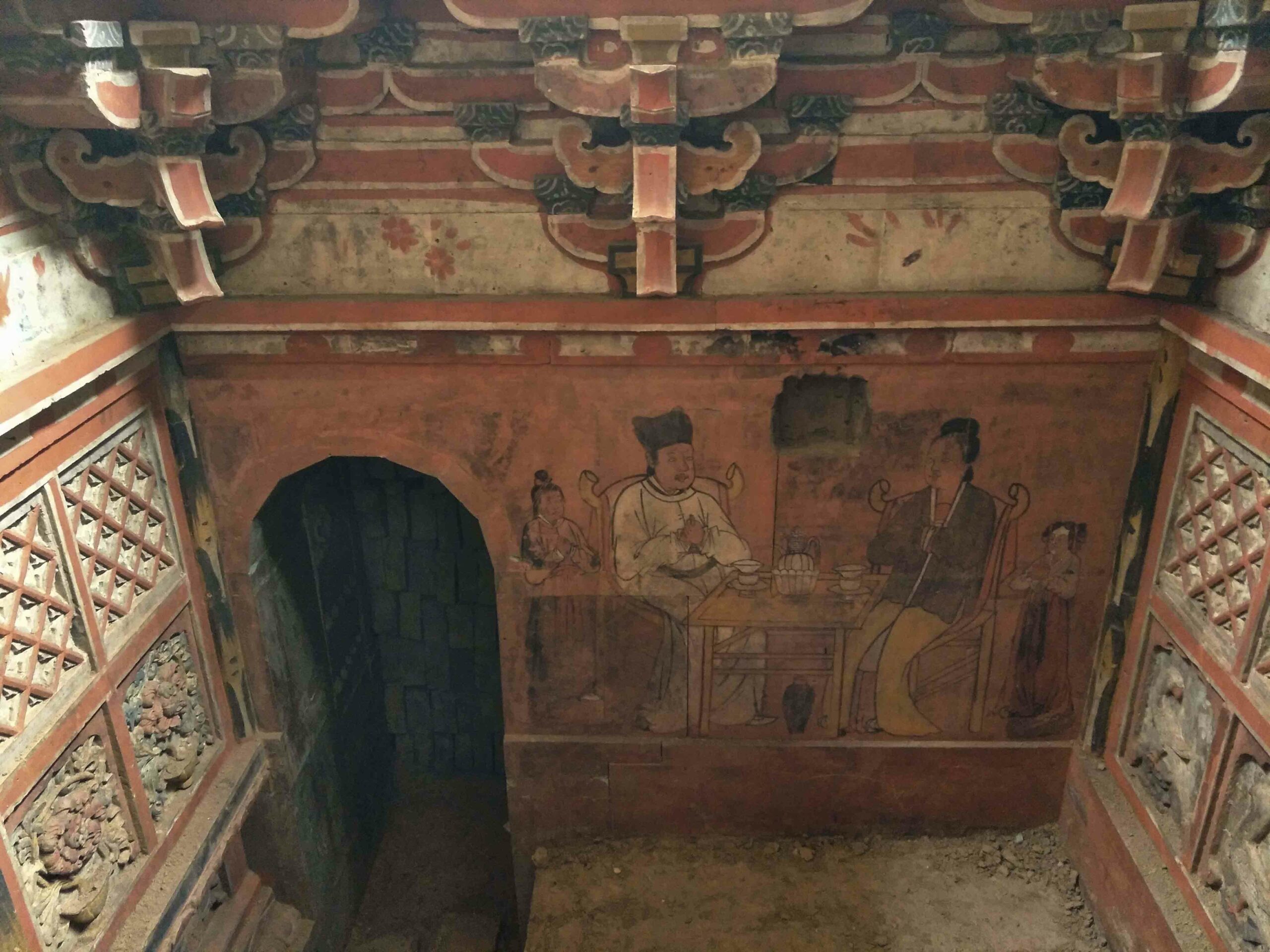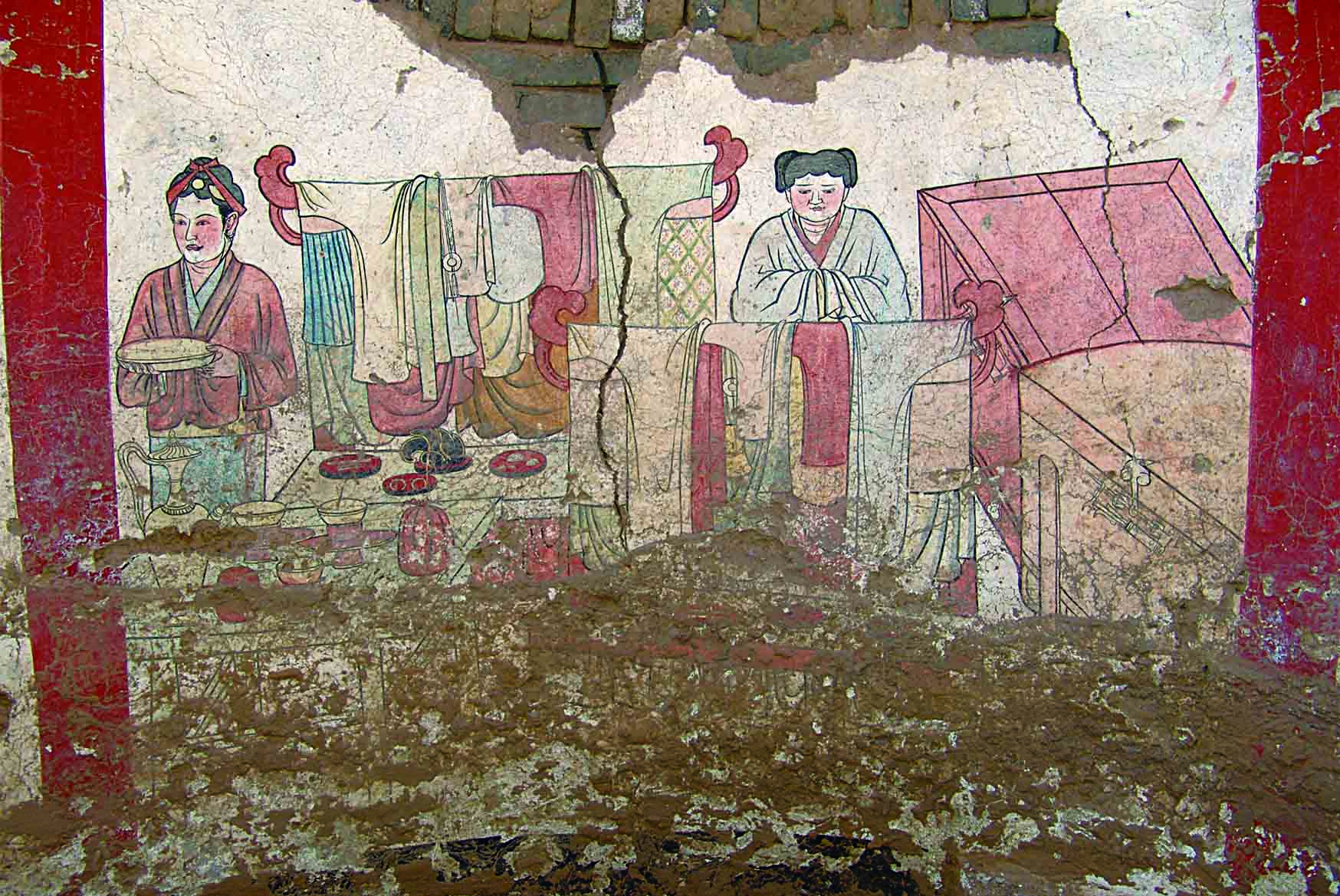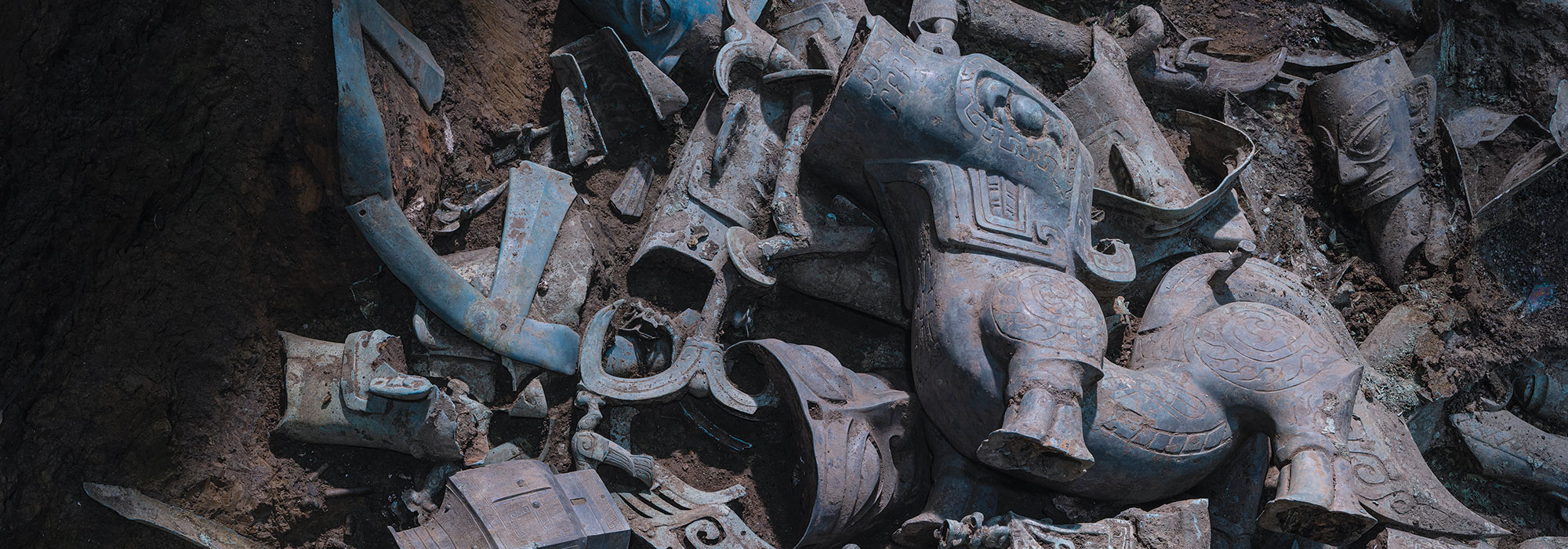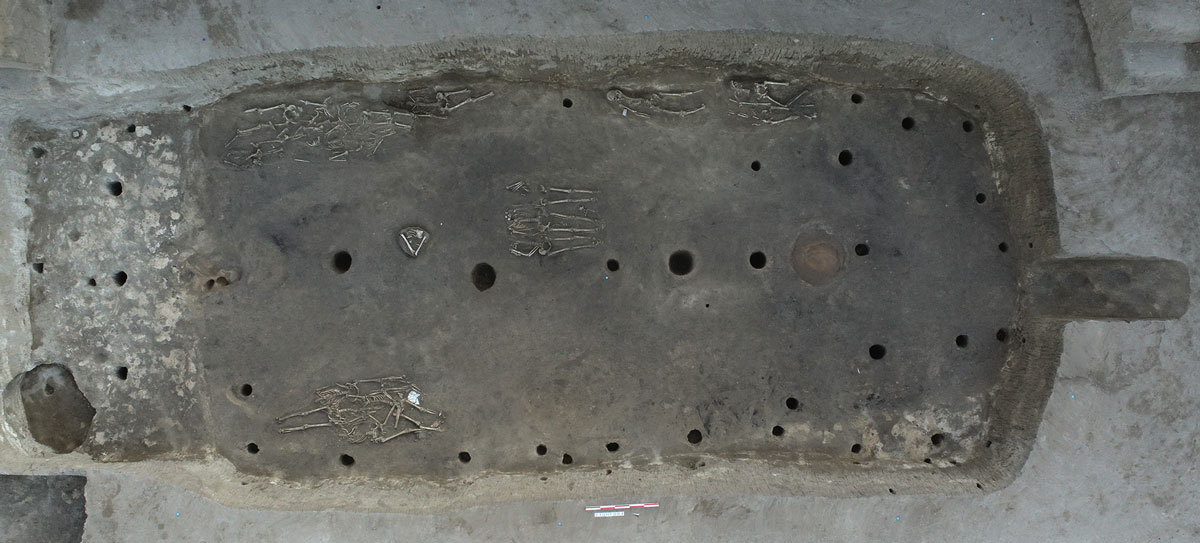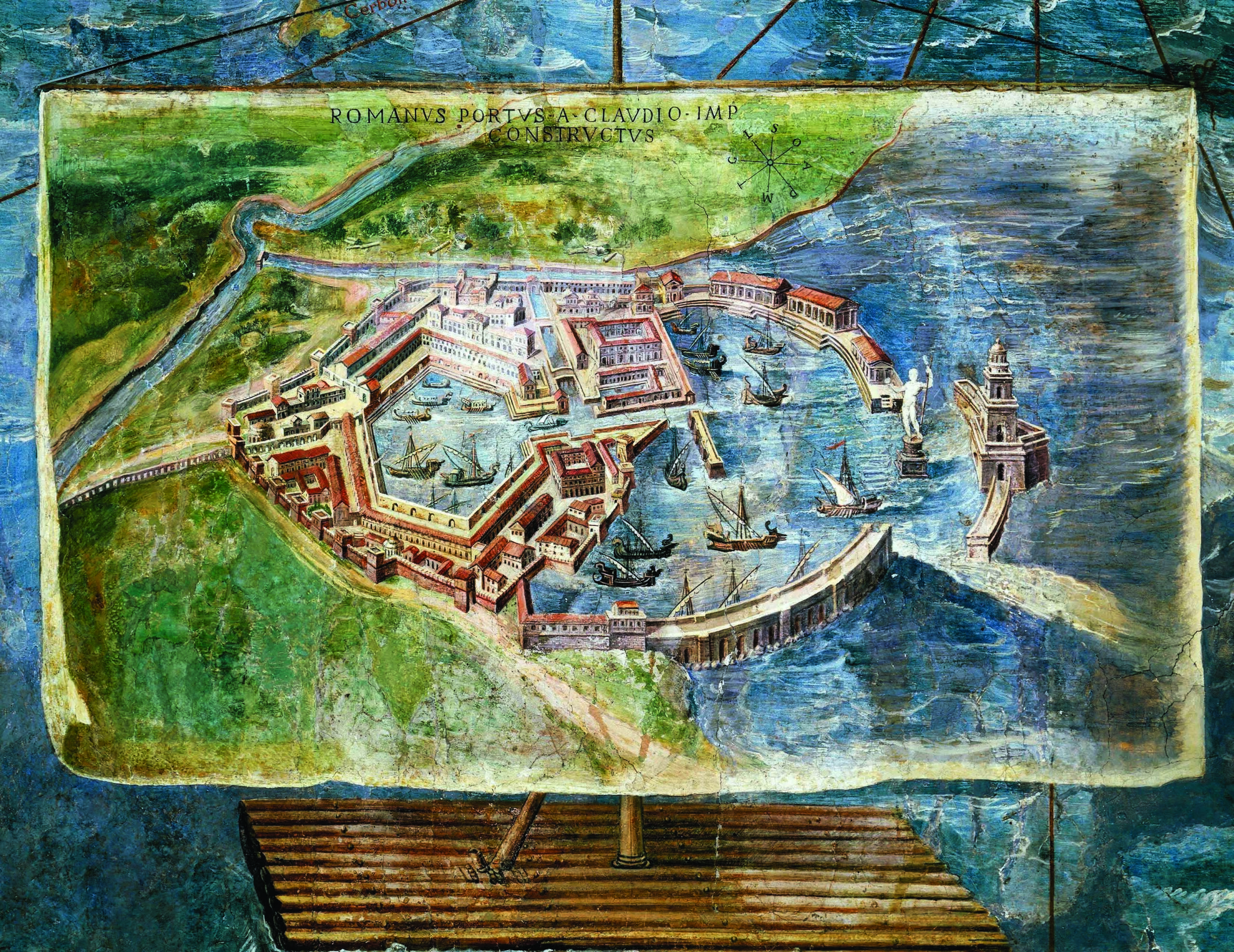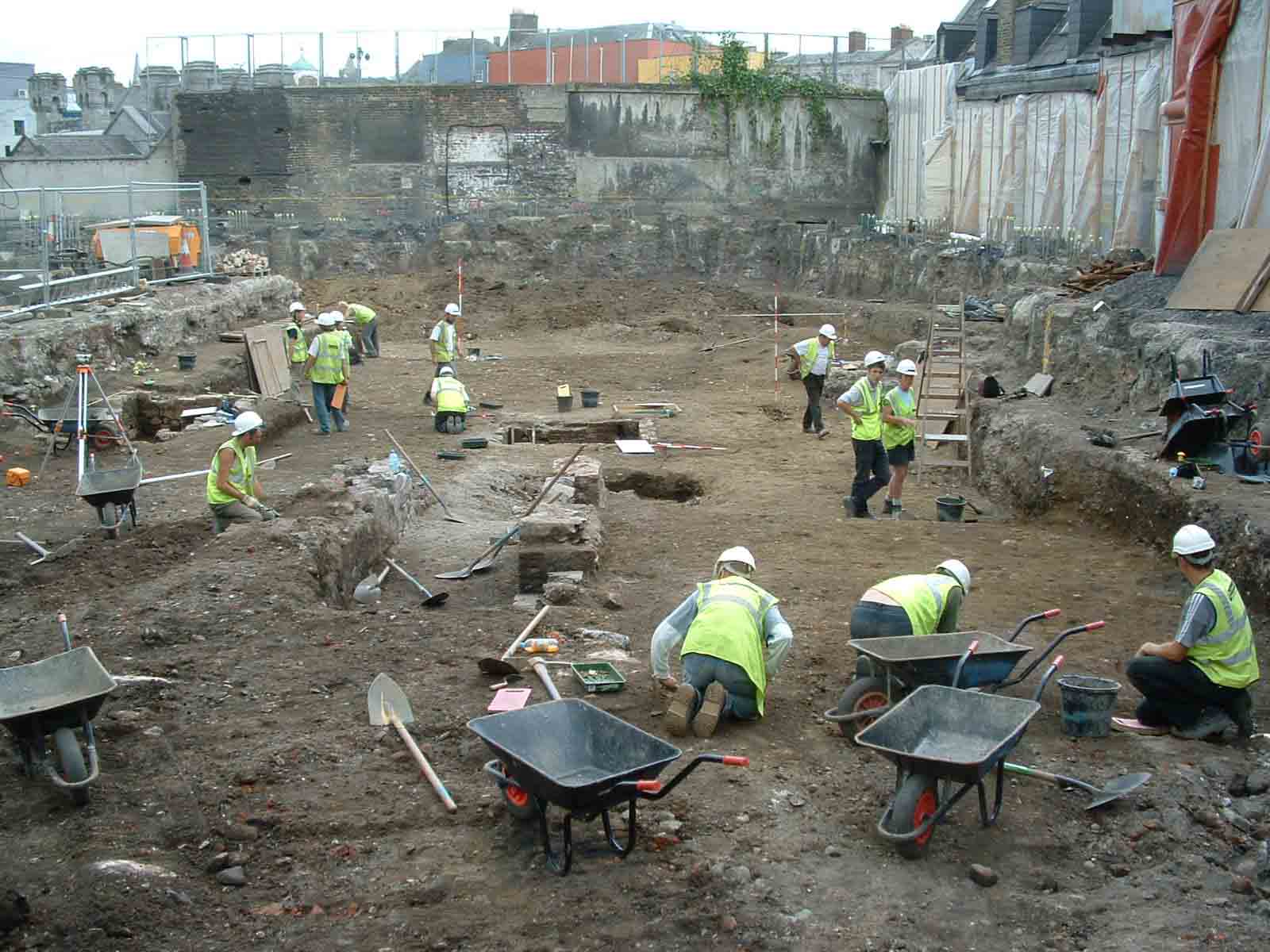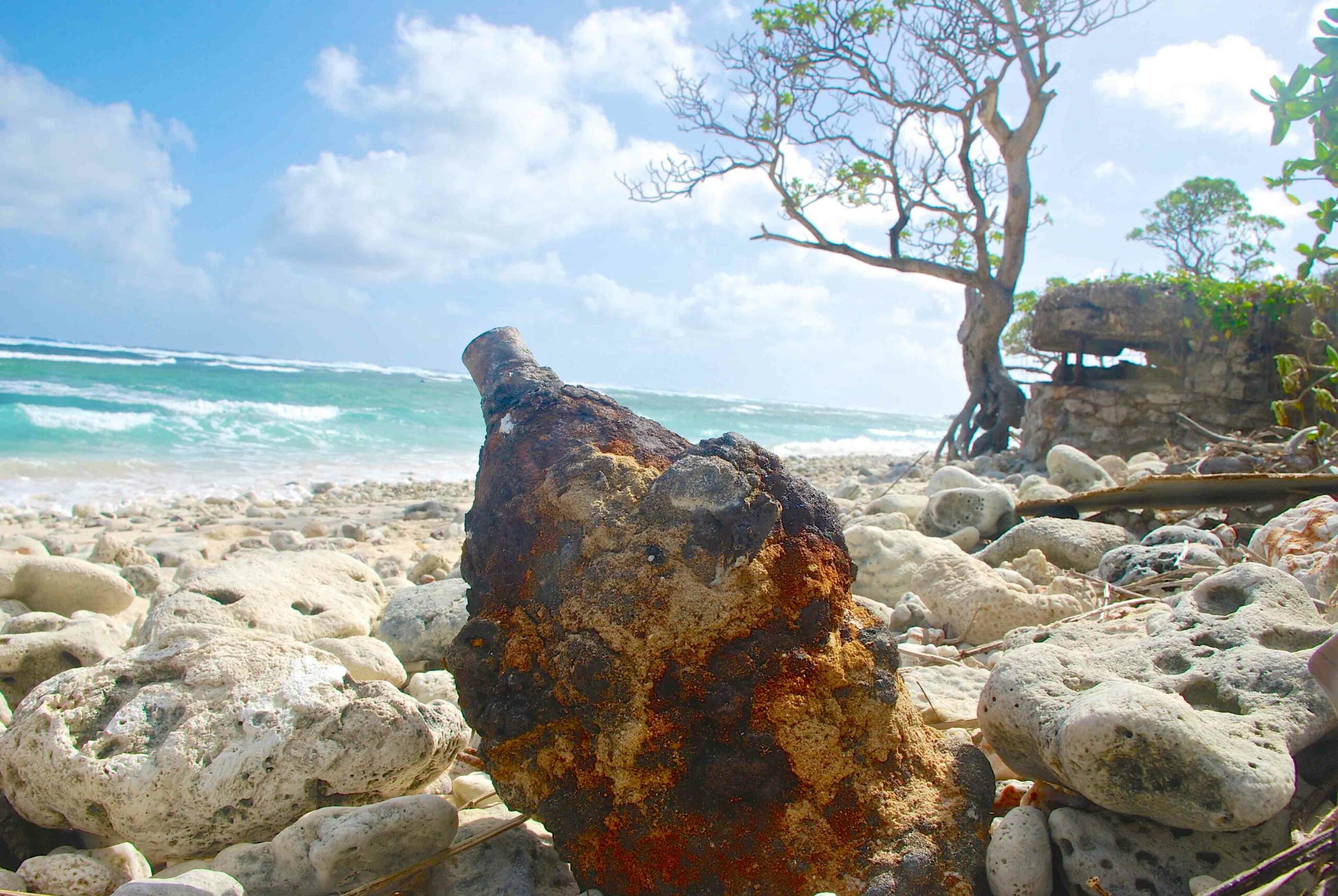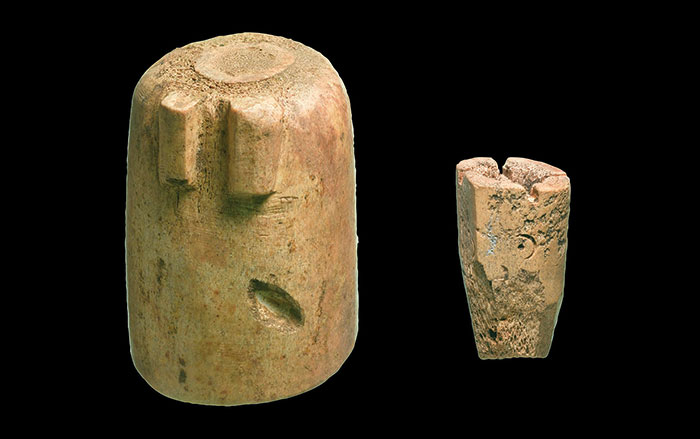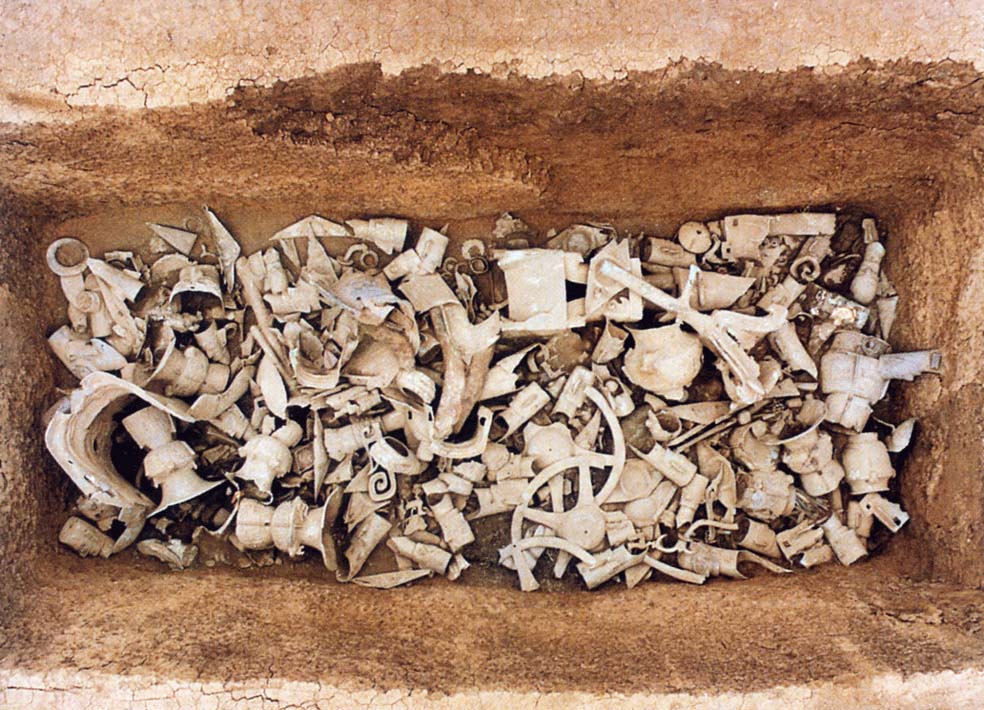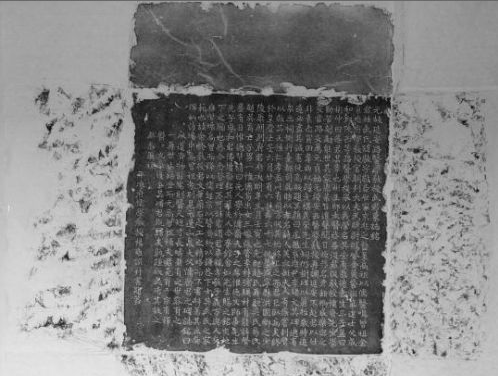
SHAANXI PROVINCE, CHINA—An inscribed gravestone at a tomb unearthed near the ancient capital of Xi’an identifies the occupant as Wu Jing, a high-profile Confucian doctor who was in charge of local medical services and educating other doctors. The tomb consists of a passage, a door, and a burial chamber. Iron nails, ashes, and bone residue were found, in addition to pottery, jade items, and other artifacts. “The tomb is an important discovery that will shed light on unknown aspects of medical history and social culture in the Yuan dynasty (1271-1368),” Duan Yi of Shaanxi Provincial Institute of Archaeology told the Xinhua News Agency. The gravestone records the story that Wu Jing once cut flesh from his own arm to feed his sick mother in an act of filial piety. To read more about ancient burial sites in China, see "Tomb Raider Chronicles."


